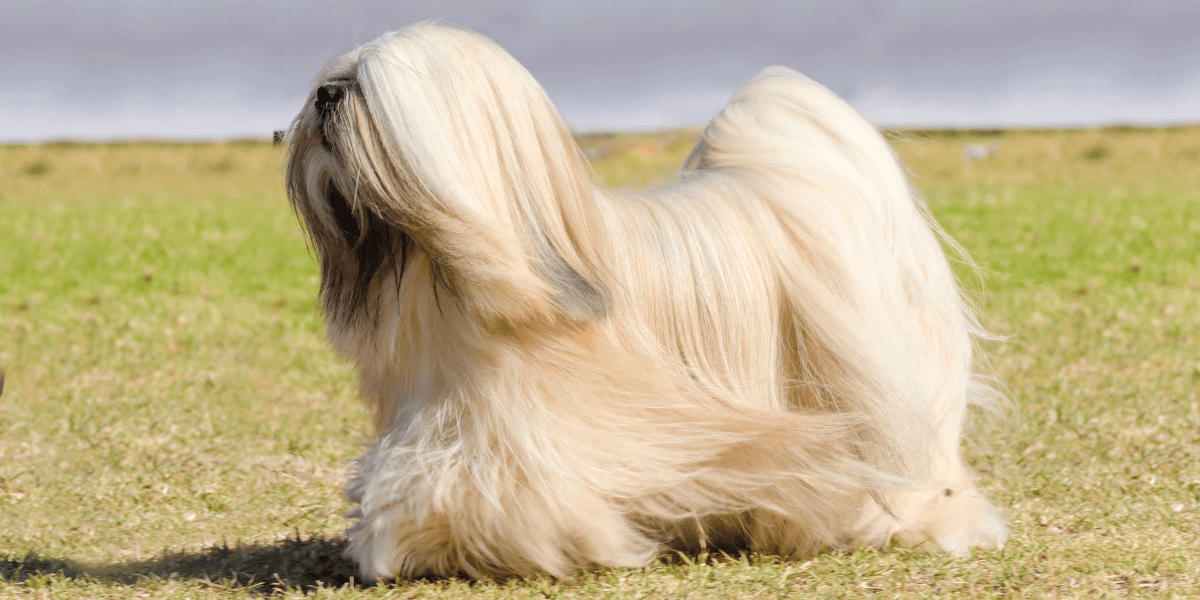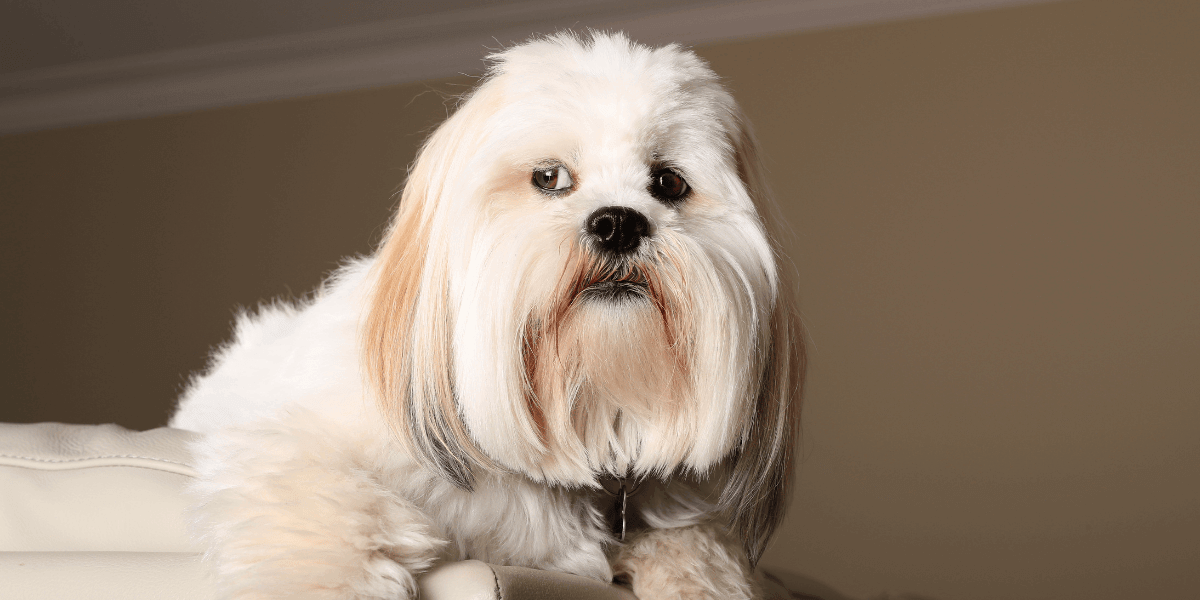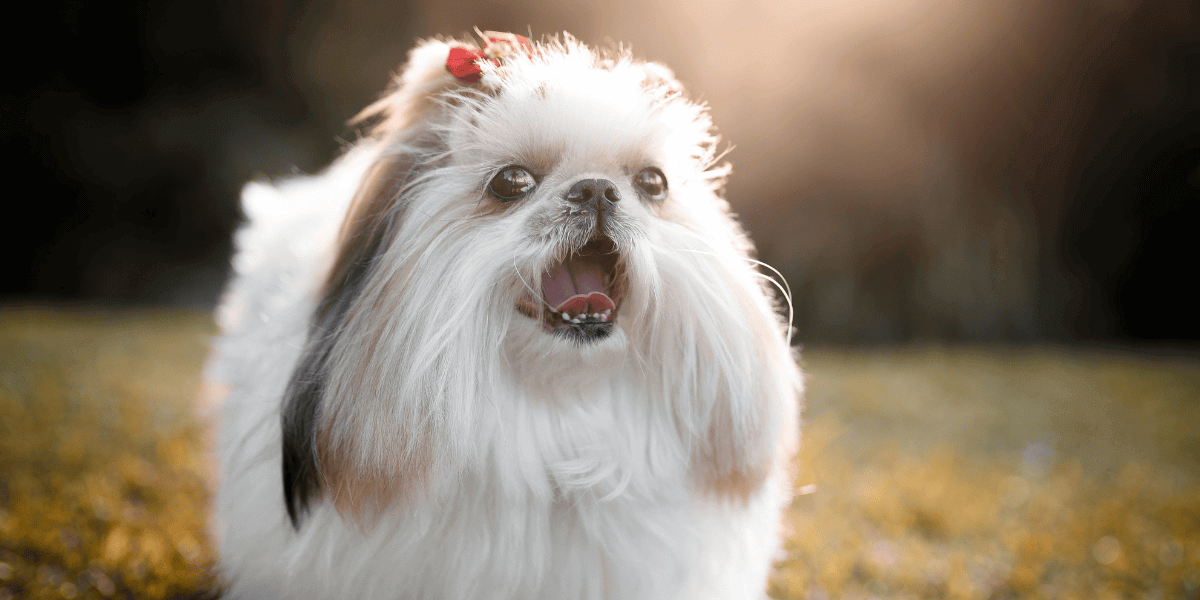Introduction
Lhasa Apso temperament showcases their unique personalities and charming nature.
- Understanding their temperament can enhance your relationship with them
- These dogs exhibit a mix of independence and loyalty to their families
- They can be both playful and protective, making them great companions
- Socialization and training play vital roles in shaping their behavior
- Knowing what to expect can help you better prepare for life with a Lhasa Apso
1. Overview of Lhasa Apso Temperament

Understanding the general temperament of Lhasa Apsos is crucial for potential owners.
- Loyalty: Lhasa Apsos are fiercely loyal to their families
- Independence: They are known for their independent nature and spirit
- Alertness: These dogs are naturally alert and protective of their homes
- Playfulness: Lhasa Apsos enjoy playtime and can be quite entertaining
- Affectionate: They form strong bonds and love to cuddle with their owners
- Stubbornness: Their independent streak can lead to a stubborn attitude
- Intelligence: These dogs are smart but can be challenging to train
2. Personality Traits

Exploring the distinct personality traits that define Lhasa Apsos.
- Playful Nature: They love to engage in play and show a zest for life
- Courageous Spirit: These small dogs often act bigger than their size suggests
- Social Behavior: While they bond with their families, they can be wary of strangers
- Affection Level: Lhasa Apsos thrive on affection and enjoy being close to their owners
- Vocal Tendencies: They are known for their barking, especially when alerting
- Adaptability: These dogs adapt well to various living situations and environments
- Curiosity: Their curious nature keeps them exploring their surroundings constantly
3. Socialization Needs

Socialization is essential to ensure a well-rounded Lhasa Apso.
- Early Exposure: Introduce your puppy to various people and environments early
- Positive Reinforcement: Use treats and praise to encourage good social behavior
- Group Classes: Consider enrolling in puppy socialization classes for learning
- Play Dates: Arrange playdates with other dogs to enhance social skills
- Handling Experiences: Get them used to different types of handling and grooming
- Public Outings: Take your Lhasa Apso out to busy areas to acclimate them
- Gradual Approach: Use a slow and gradual approach to introduce new experiences
4. Training Techniques

Effective training methods can shape a Lhasa Apso's behavior positively.
- Positive Reinforcement: Reward good behavior with treats and praise
- Short Sessions: Keep training sessions brief to maintain their attention
- Consistency is Key: Be consistent with commands and routines during training
- Socialization Training: Include socialization as part of their training regimen
- Obedience Classes: Enroll in classes to ensure they learn from professionals
- Patience Required: Expect some stubbornness and be patient during training
- Use of Leash: Train them to walk well on a leash for better control
Discover effective Lhasa Apso training techniques to ensure your companion is as well-behaved as a Great Dane.
5. Living Conditions

Understanding the living conditions for Lhasa Apsos can greatly enhance their happiness.
- Apartment Friendly: They can thrive in apartments due to their small size
- Daily Exercise Needs: Regular walks and playtime are necessary for their well-being
- Safe Environment: Ensure a safe home to prevent them from getting hurt
- Grooming Space: Set up a grooming area as their coat requires regular care
- Social Interaction: They benefit from regular interaction with family members
- Temperature Considerations: Keep them comfortable during extreme weather conditions
- Quiet Space: Provide a quiet space for them to relax and retreat when needed
6. Health Considerations

Understanding Lhasa Apso temperament aids in addressing health issues.
- Common Ailments: Watch for potential health issues like hip dysplasia
- Regular Vet Checkups: Schedule routine vet visits for preventive care
- Dental Care: Their dental health is crucial, so brush their teeth regularly
- Weight Management: Monitor their weight to prevent obesity-related issues
- Eye Health: Be cautious of potential eye problems common in the breed
- Ear Cleaning: Regularly check and clean their ears to avoid infections
- Dietary Needs: Provide a balanced diet to support their overall health
Learn about Lhasa Apso health considerations to keep your pet as healthy as a well-cared-for Great Dane.
7. Lifespan and Aging

Understanding the lifespan and aging process of Lhasa Apsos can guide their care.
- Average Lifespan: They typically live between 12 to 15 years or more
- Senior Care Needs: Senior Lhasa Apsos may need different dietary requirements
- Regular Vet Visits: Older dogs should have more frequent vet checkups
- Exercise Adjustments: Modify exercise routines as they age and slow down
- Mental Stimulation: Keep their minds engaged with toys and puzzles
- Comfort Needs: Provide comfortable resting areas as they age
- Health Monitoring: Pay attention to any changes in behavior or health
Explore Lhasa Apso lifespan and aging insights to ensure your senior dog remains happy and healthy like a senior German Shepherd.
FAQs
1. What is the average lifespan of a Lhasa Apso?
- They typically live between 12 to 15 years or longer
2. Are Lhasa Apsos good with children?
- They can be good with children if socialized properly from a young age
3. How much exercise does Lhasa Apsos need?
- Lhasa Apso temperament influences how much exercise they need for health and happiness
4. Do Lhasa Apsos shed a lot?
- They have a long coat but are considered low-shedding dogs
5. How should I groom my Lhasa Apso?
- Regular brushing and occasional professional grooming are necessary
6. Are Lhasa Apsos good guard dogs?
- Yes, they are alert and protective of their families and homes
7. What is the best diet for a Lhasa Apso?
- A balanced diet with high-quality dog food is recommended for their health
Conclusion
- Understanding a Lhasa Apso temperament is key to being a responsible owner
- Socialization and training are essential for a happy, well-behaved dog
- Their unique personalities can bring joy and companionship to your life
- Be proactive about their health and grooming needs for a long, happy life
- Consider adopting a Lhasa Apso and experiencing its charm firsthand
- Join communities and resources to connect with other Lhasa Apso owners
If you found this guide helpful, like and share it with fellow dog lovers today!
References
For more information on the Lhasa Apso Temperament, check out these resources:




